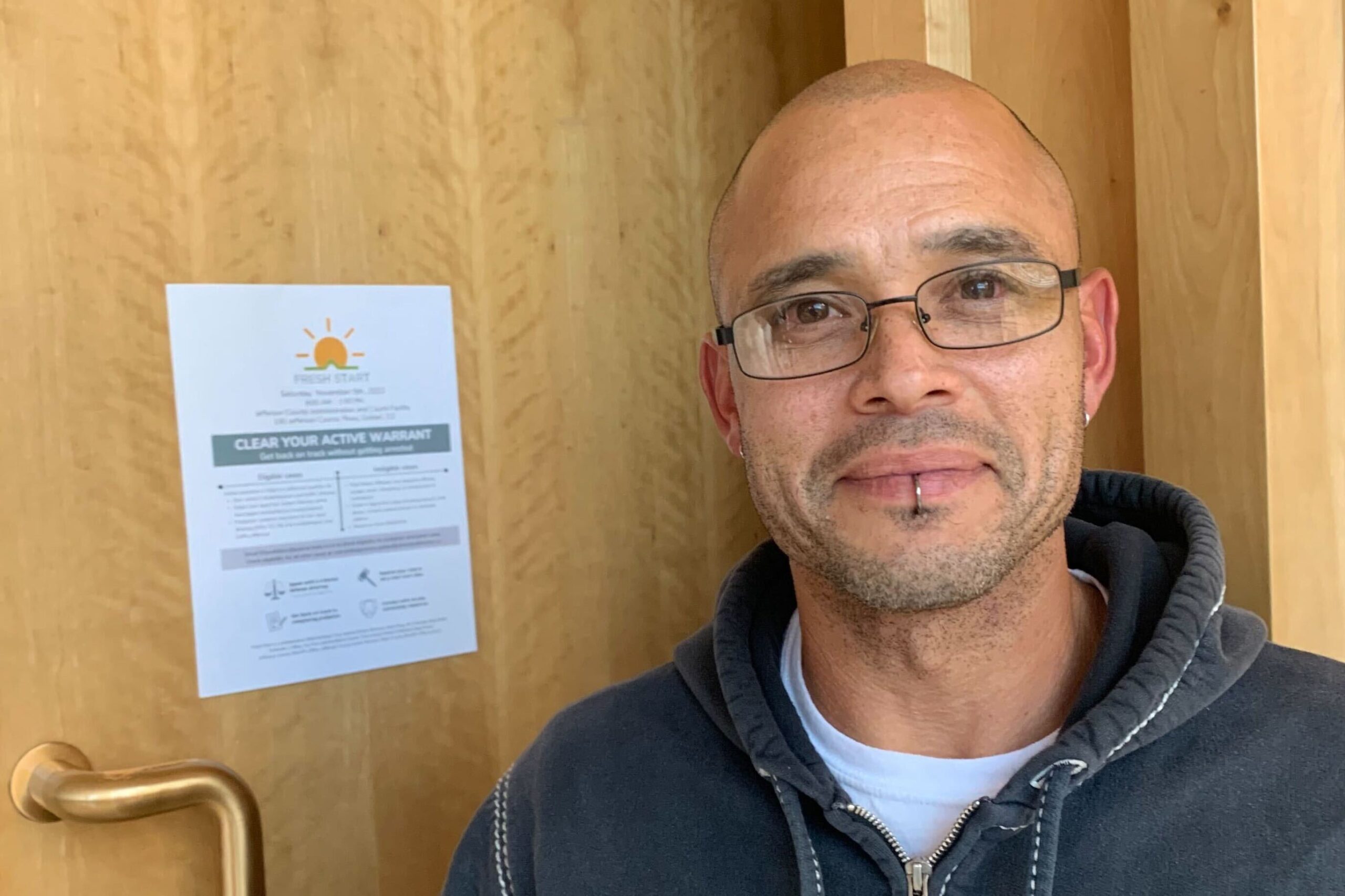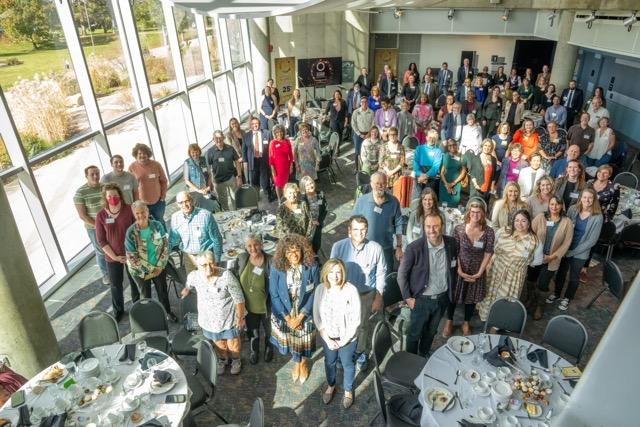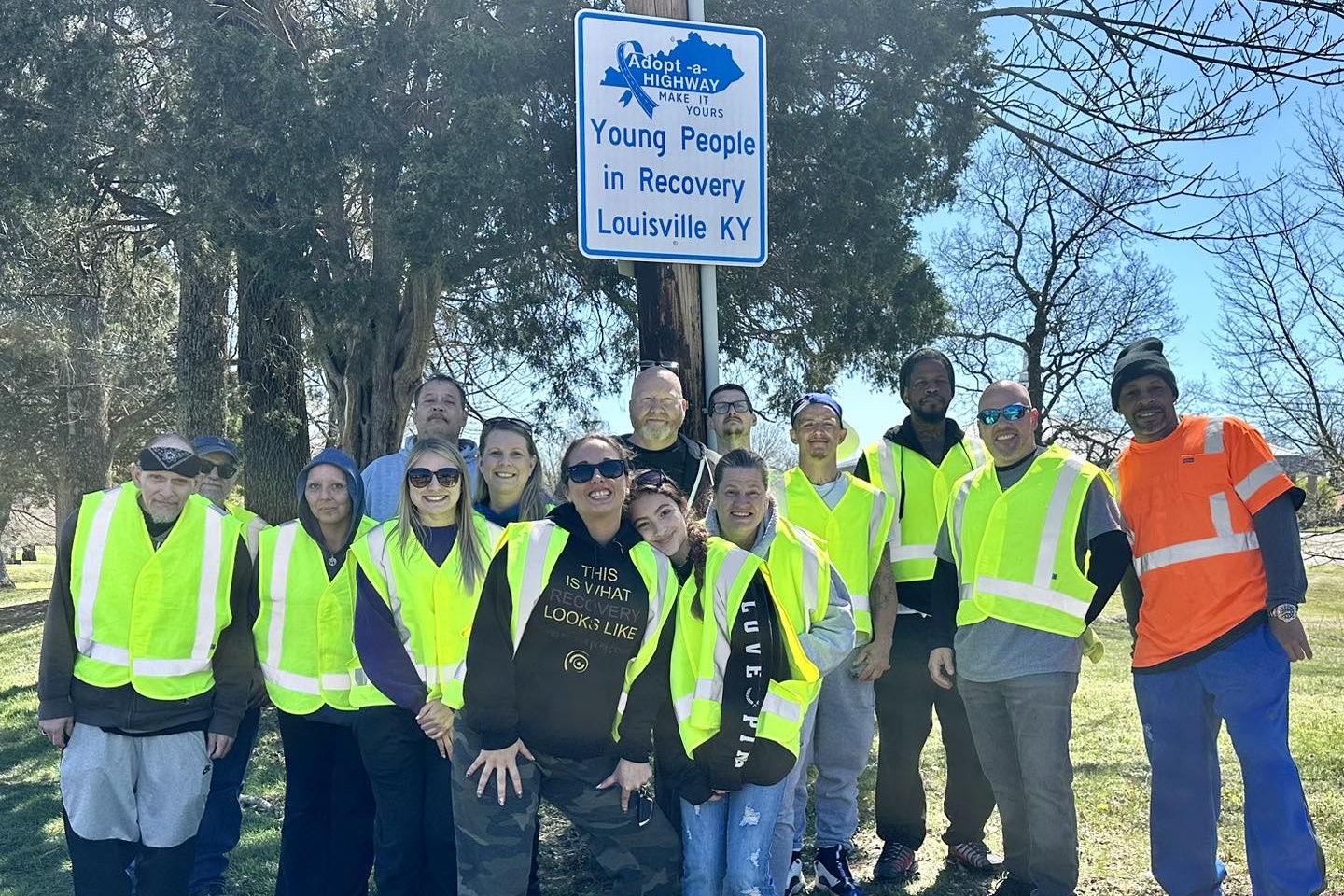
Anthony Marin was wanted on a felony warrant and drove all night from Baton Rouge, Louisiana, to turn himself in at the Jefferson County courthouse.
Yet when he arrived, Marin, exhausted from the road trip and accompanied by his elderly father, wasn’t arrested.
Instead, on a recent Saturday in a Golden courtroom, the 43-year-old was given a public defender, a meeting with his probation officer and a court hearing in front of a judge, where he began to quietly tell his story.
Marin was addicted to alcohol in the 2000s and living in Jefferson County. He was in and out of trouble and was ultimately charged with a felony forgery charge for trying to cash a bad check. He said it all happened in the blur of desperation. He ended up leaving the state, going south, and attempted to start over a number of times — sometimes failing, and, once, almost dying.
But things have changed, he said. He is currently in sober living and has a counselor. He is working as an electrician for a company and also just launched his own handyman business.
“I have been on a rollercoaster,” he told county Judge Jennifer Melton, who leaned in to try to hear what he was saying. “To be honest, I had my first overdose and someone gave me fentanyl and when I finally woke up that’s when I told my pops, it’s time … Here I am, I am nervous and scared, and here I am.”
Melton cocked her head to the side, sympathetically, and looked down at the bench.
“It looks like you’ve been on a wild journey, but you’ve turned a corner,” she said. “You’re making something positive out of your life now.”
The judge quashed his bench warrant, waived all Marin’s outstanding fees, which would have amounted to hundreds of dollars, and sent him on his way.
“Wow,” he said, to her. “I’ve dealt with everything in my life, except for this. Wow.”
Hammering out deals
Warrant-clearing clinics are rare, bright moments of consensus and redemption in the current criminal justice system.

Prosecutors, public defenders, probation officers, law enforcement and judges come together and agree to hammer out deals for people who have low-level outstanding criminal matters. Existing warrants can affect future jobs, applications for apartments, and car and home loans.
They are billed as “fresh start” clinics or “second chance” events and, in addition to Jefferson County, two have been held by Arapahoe County District Attorney John Kellner and four have been held by Boulder District Attorney Michael Dougherty.
Every year since 2018, about 165,000 warrants are canceled by state courts in Colorado — mostly through the regular way. That is, people turn themselves in, cops stop people and catch them and so on. But warrant clearing fairs are a kind of jail-free offer to take care of something outstanding in a cleaner way.
The number of warrants cleared ticked up to 167,000 in 2021, an all-time high after the pandemic, thanks to some of the warrant clinics, district attorneys said. This year is on pace to cancel about as many as last year, according to data from the state judicial department.
A way to start over
At the warrant clinics, usually, the cases are resolved entirely. Warrants are quashed and a new court date is provided or a judge vacates the charge and the defendant is asked to pay fees and they can go. Sometimes they don’t even have to pay the fees. In most cases, people who show up and have a warrant, even one that doesn’t qualify for the event, are given new court dates and they can start over, officials said.
“If we can give a forum for people to feel comfortable to come in and resolve their cases and to quash their warrants that is the goal,” said Jefferson County Chief Judge Jeff Pilkington, who was milling around the Golden fair in a fleece jacket chatting with defendants and attorneys. “We’re better off to have people get back in the system than people out of the system and having a warrant looming over their head.”
This was the third warrant-clearing event hosted in Jefferson County, where there are more than 27,000 outstanding warrants, and District Attorney Alexis King has leaned in hard to try to clear the ones she can.
The majority of those outstanding warrants are for low-level offenses and would qualify for the same procedure Marin went through. The office also combed through records at the Colorado Department of Public Health and Environment and discovered 900 warrants were outstanding for people who had died. Lawyers also looked at driving under restraint cases, which is the most prolific criminal charge in Colorado, and were able to clear 1,700 of those just in the last year where there was no owed restitution, no car accident and no alcohol involved.
Clinics about connections too
In addition to the 93 warrants cleared on this recent Saturday, King’s office said they made more than 80 connections with people attending the fair and community resources including transportation help, peer coaching connections, boxes of Narcan, which reverses the effects of an opioid overdose, and housing and childcare help.
“The best part of this is that it’s not a political event. There is no side saying this is the wrong thing to do. Everybody is saying this is the right thing to do,” said Tariq Sheikh, an assistant district attorney in Jefferson County. “It’s really awesome to be able to collaborate and join together and to be able to do something that benefits our community.”
For Marin, he planned to return to his budding business in Louisiana, his sober living apartment, and his life. He walked out of the courtroom with tears in his eyes.
“I thought I was going to get some fines and fees, but she quashed it all,” he said. “It’s the last thing for me. It’s a weight. It may take time for me to get it right, but I’m just thankful for the opportunity today. I’m ecstatic.”









